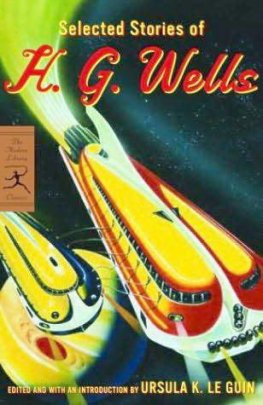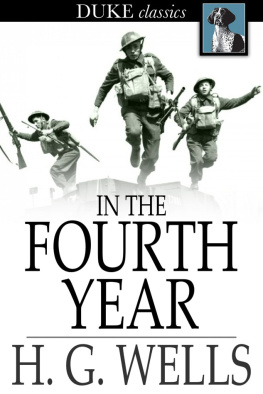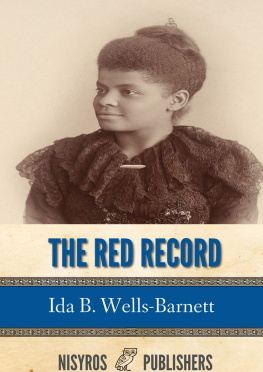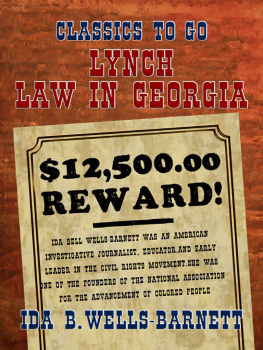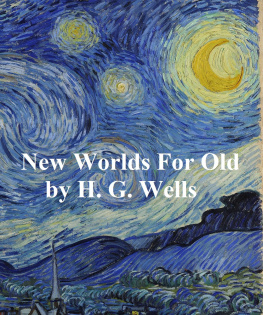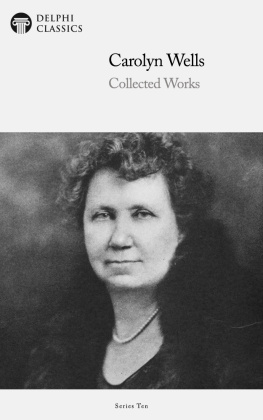First published 2001 by Westview Press
Published 2019 by Routledge
52 Vanderbilt Avenue, New York, NY 10017
2 Park Square, Milton Park, Abingdon, Oxon OX14 4RN
Routledge is an imprint of the Taylor & Francis Group, an informa business
Copyright 2001 Taylor & Francis
All rights reserved. No part of this book may be reprinted or reproduced or utilised in any form or by any electronic, mechanical, or other means, now known or hereafter invented, including photocopying and recording, or in any information storage or retrieval system, without permission in writing from the publishers.
Notice:
Product or corporate names may be trademarks or registered trademarks, and are used only for identification and explanation without intent to infringe.
Text design by Brent Wilcox
A Cataloging-in-publication data record is available at the Library of Congress.
ISBN 13: 978-0-367-28716-0 (hbk)
I have a humanitarian nature & the remains of a Christian upbringing & my affections blow about in a disheveled manner & get entangled about people. Thank you for lending me a clear eye about it. A cool eye. Whenever (I hope never) you are heated & worried my eye is at your feet. And I am, Yours to command. Your HG.
H. G. Wells to Christabel McLaren, May 12, 1932
On the brink of a messy breakup with one lover and what he hoped would be a smooth and orderly transition to the next, H. G. Wells did in May of 1932 what he often did in such circumstances. He turned to a woman, to yet another woman in this case, to Christabel McLaren. HG turned to Christabel many times over the last twenty years of his lifeboth on paper and in person. He admired her marvellous steadfastness and delighted in her unbridled irreverenceeven when it was at his expense. For example, Christabel once called HGs beloved French Riviera a haunt of parasites, and those who frequented it, plaster faades. On this occasion, however, it was Christabels intelligence and uncommon common sense that HG was interested in tapping. He had long believed that her insights were keen, her advice wise and good. Two years earlier, for example, when he asked for her impressions of his latest hearts desire, she reported that the Russian Lady, the Baroness Moura Budberg, was an adventuress, which means that when life promises to be tedious she edits it. Such people, Christabel cautioned, contrive to get most of the things they covet. It was, indeed, a bulls-eye summary of the baroness.
Despite her frequent jabs, Christabel was a lovely personindeed, the loveliest person in the world, HG proclaimed.
Christabel seemed to understand HGs affection and to appreciate her position in his busy orbit. She undoubtedly knew that her self-chosen status as Woman-Entirely-Off-Limits-Sexually to HG guaranteed his staunch devotion to her over the years. In her memoir, Christabel claimed: Once HG and I had settled that I never intended to sleep with him, [his] company was a delight. That short simple sentence may better explain H. G. Wells than anything else he ever wrote about himselfand he wrote a great deal.
Thus, for any number of reasons, HG was able to admit his frustrations, faults, and failings to Christabel. I dont do it to anyone else, he once told her. The purity of my relationship to you in view of its extreme intimacy is a scandal. I trust you to keep my shameful secret.
At the moment, Christabel was hearing HG through his plans for a separation with Odette Keunhis lover of eight years.
As important as she was, Christabel wasnt HGs only emotional pit stop. He had dozens of women friends to whom he wrote hundreds of letters, although few of the letters approached the candor of those he wrote Christabel. Still, legions of women gravitated around HG. Like Christabel, they came to meals and to parties, and they reciprocated. HG, thus, saw a great many women between the mid-1930s and the last year of his life, not too surprising for a man who described himself, self-deprecatingly, to be sure, as a Don Juan of the Intelligentsia.
HG also aired his romantic frustrations in his booksthe fiction as well as the nonfiction. Always ahead of his times, he did nearly seventy years ago what is becoming increasingly fashionable today: He wrote two autobiographies. However, HG published only one of his self-studiesthe first one, which traced the emotional development of his brain. In that work, Experiment in Autobiography: Discoveries and Conclusions of a Very Ordinary Brain (Since 1866) , HG described his origins in lower-middle-class England, his struggles to find his calling and to make a living, his frustrations with his wives, and his attempts to create a planned world. When Christabel received her copy of the Experiment , she told HG: At last I may begin to read all about your early life and what has been going on inside that first-class mind of yours ever since. How will it affect my feelings for you, I wonder? Anyhow, God bless you (in spite of your feelings towards him).
While the Experiment must have seemed complete enough to most readersit was 718 pagesHG immediately began writing a second autobiography. He worked for nearly a decade on the next book, configured as a postscript to the first, then with great self-control sat on it for the rest of his life. HG called it his intimate diary and the story of his amatory life. Don Juan had a thick diary, a long story, a rich trove, indeed, from which to cull.
Yet, despite his embarrassment of riches, HG claimed that his sexual life was nothing special. The only difference was that he probably had more opportunity than most men: I have done what I pleased, so that every bit of sexual impulse in me has expressed itself, he announced. As an aside, HG noted that he was never able to determine whether his interest in sex was average, above or below it, since there was no meter for that sort of thing. Still, it takes an acrobatic leap of logic to reconcile having a ho-hum libido with being a veritable (and Victorian) Casanova. As he must have known, and as should become clear in the following pages, there may have been many things about H. G. Wells that could be called normal, but his sexual drive wasnt among them. With apologies to the more conservative Wells scholars, the evidence certainly suggests that the author of The Time Machine was something of a Sex Machine.
Be that as it may, HG instructed his heirs to release his piquant postscript at their earliest convenience after his death and after the women in it were either dead or beyond worrying about their reputations. HG got his wishat least most of it. The heirs published the second autobiography in 1984thirty-eight years after HG diedbut before they did, they excised large chunks of the story and the names of two of HGs alleged last lovers, as well as a good deal of narrative about them. They also surgically removed other bits and pieces about other lovers. HG had been extremely candid, though not X-rated in his love memoir. The heirs, however, played it cautiously, their actions prompted by courtesy and concern over litigation. It is noteworthy that they released the book a year after Rebecca West died. HG had devoted an entire chapter to their passionate but rocky ten-year affair.



